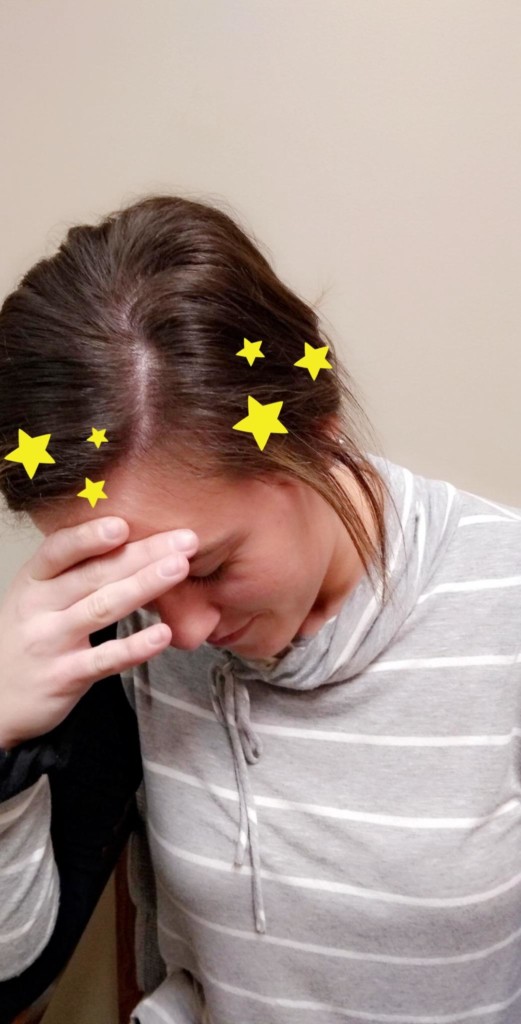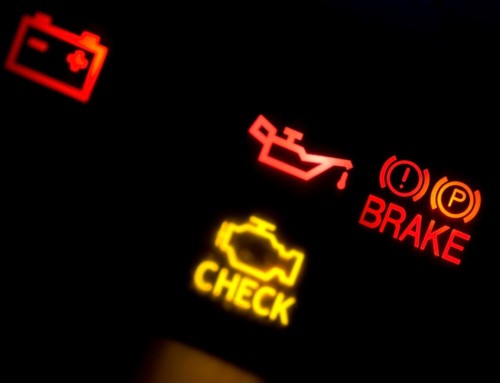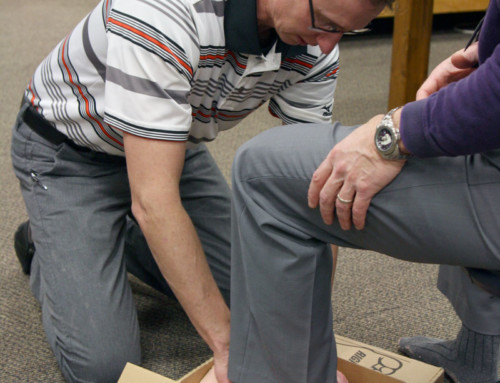Benign Paroxysmal Positional Vertigo (BPPV)
Imagine this: It’s Bedtime. You are laying in bed, head on your pillow, finishing up your Sudoko. You begin to roll over to turn off your light and you are overcome by an overwhelming sense of vertigo and dizziness, the room spinning circles around you, causing extreme nausea. You sit in your recliner and get an awful night of sleep, and see your doctor in the morning. He diagnoses you with BPPV, says you have “ear rocks”, and prescribes you some nausea medication and tells you to rest.
What on earth is BPPV? “Ear Rocks” is a perfect way to describe it, but let’s dive slightly deeper into the ear to give you a better idea of what BPPV is, and how PT can help. The inner ear contains small, curved canals, in which fluid flows freely through them. Lining the canals, the human ear contains tiny hairs, called cilia. On those hairs, there are small calcium carbonate crystals, called otoconia. The purpose of the cilia is to sense fluid flow in the semi-circular canals, which play an important role in balance as the vestibular system, as well as sensing different head positions.
BPPV occurs when one of those otoconias “ear rocks” breaks loose of the cilia, and interferes/obstructs smooth fluid motion in the inner ear. The result can be violent episodes of vertigo, nausea, dizziness, and nystagmus (repetitive uncontrolled movement of the eyes). Symptom onset is usually caused by a change in head position, such as rolling over in bed, looking up to the sky, or picking something up from the ground.
Physical Therapy can help BPPV, and many other vestibular disorders. Our providers perform a thorough assessment and examination to determine the source of the vertigo. If BPPV is confirmed, we will take you through a series of changes in head and body positions called canalith repositioning in order to re-located the otoconia to an area in the ear that it can be re-absorbed and not interfere with fluid flow. In some cases, further vestibular exercises will be performed in order to strengthen the vestibular system to restore function.
PTSR has been practicing vestibular physical therapy in Hastings since 1992. In true cases of BPPV, it can be possible to have full recovery and resolution of symptoms in just 1-2 visits. In other cases of vestibular hypofunction, courses of treatment may be expected to be slightly longer in order to restore full function. Our local physicians trust our PTSR providers and know how effective PT for dizziness and vertigo can be. If you are suffering from issues with vertigo, dizziness, and balance, give us a call and let us start you on the road to recovery.
Get your life back in motion at PTSR!
402-462-8824








Leave A Comment